In recent years, the term "military gap" has gained traction in the K-pop industry. This concept became particularly relevant with BTS’s return after their military service. For many male idols, this gap was once a source of anxiety due to the fleeting nature of their careers. However, attitudes have changed among fans and industry insiders. As K-pop’s global popularity has surged, the fanbase has expanded. Many fans now remain engaged into their 30s and 40s, changing the dynamics of the idol industry.
This shift reflects a broader acceptance of military service among idols. In the past, some idols tried to evade their service obligations. Today, there is a societal expectation for entertainers to serve their country. This acknowledgment has fostered a more accepting attitude toward the military gap. Idols can now return to their careers without the stigma that once accompanied such absences.
First-generation idols faced significant challenges in reclaiming their status after military service. In contrast, many second-generation stars, like TVXQ and Super Junior, have successfully navigated this transition. However, even these seasoned groups have faced hurdles in regaining their previous popularity. BTS has adopted a strategic approach to mitigate the impact of their military service. They prepared and released engaging content during their time away. Solo projects from members like Jin, V, and Suga helped keep their fanbase engaged.
The trend continues with many third-generation idols following suit. Groups such as DAY6 and EXO thrive by maintaining connections with fans through solo endeavors and pre-recorded content. This strategy ensures their relevance in a fast-paced industry. Internationally, perceptions of K-pop idols serving in the military remain overwhelmingly positive. The South Korean military is often viewed favorably abroad, minimizing backlash against idols fulfilling their service.
Interestingly, military service has begun to enhance idols’ images. A successful stint in the military is increasingly seen as a mark of honor. However, this image boost may be fading as military service becomes a more commonplace aspect of an idol’s career. As groups like BTS return from service with their fanbase intact, the military gap may evolve into a standard part of an idol’s journey rather than a significant hurdle.
This evolution raises questions about the broader implications of mandatory service on national interests and the future careers of these global stars. In conclusion, the K-pop industry is witnessing a paradigm shift regarding the military gap. With changing attitudes and strategic engagement, idols are finding ways to navigate their careers successfully during and after military service. This shift paves the way for a more resilient and enduring presence in the entertainment landscape.
Key Takeaways:
- The military gap is now more accepted in K-pop.
- BTS’s return has set a positive precedent for idols.
- Fan engagement is crucial during and after military service.
- The perception of military service is shifting positively.
As K-pop continues to evolve, the impact of the military gap will shape the future of idols and their careers.
This article has been written by Kpopmap AI writer and while we have made efforts to ensure the accuracy of the article, there may be errors or inaccuracies.
 1 month ago
26
1 month ago
26
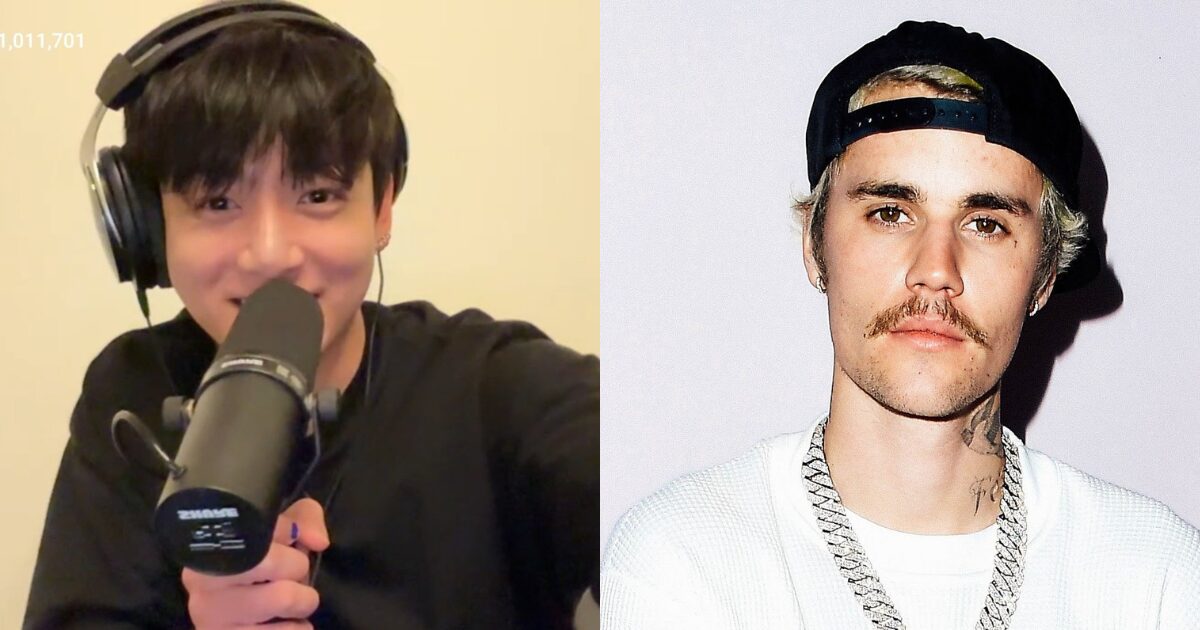
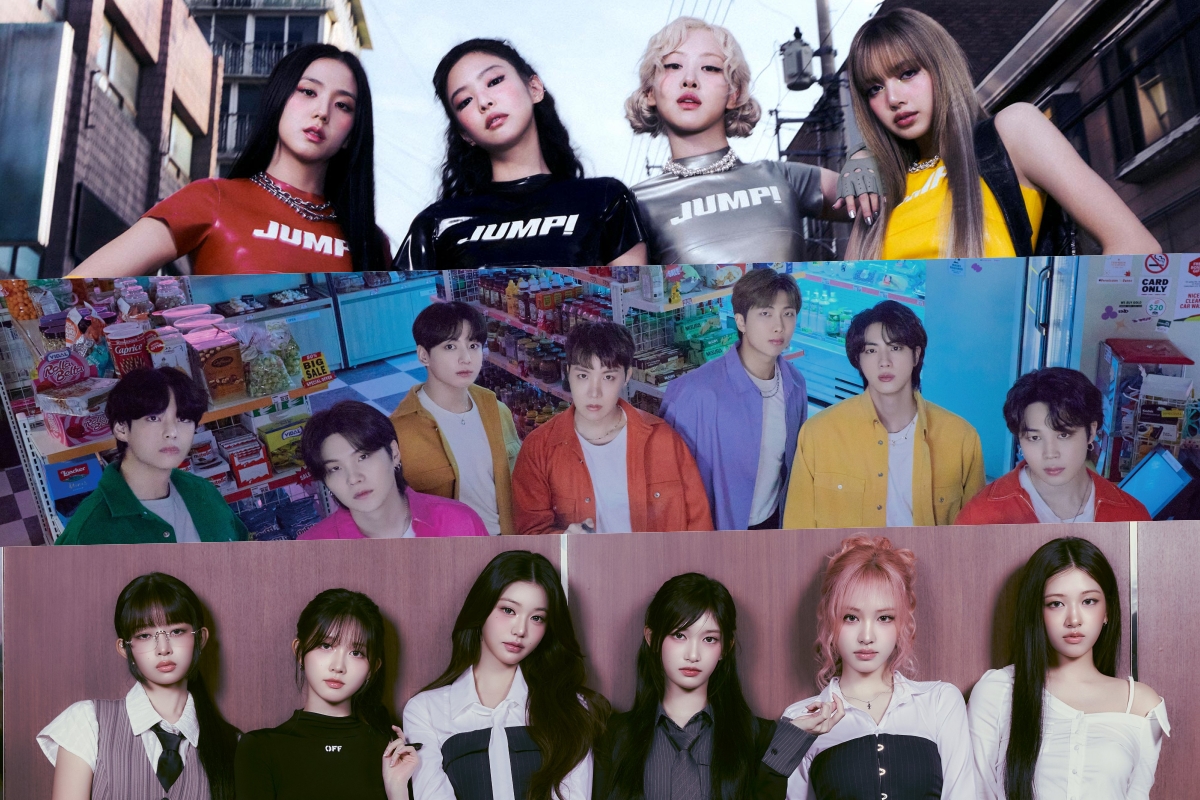
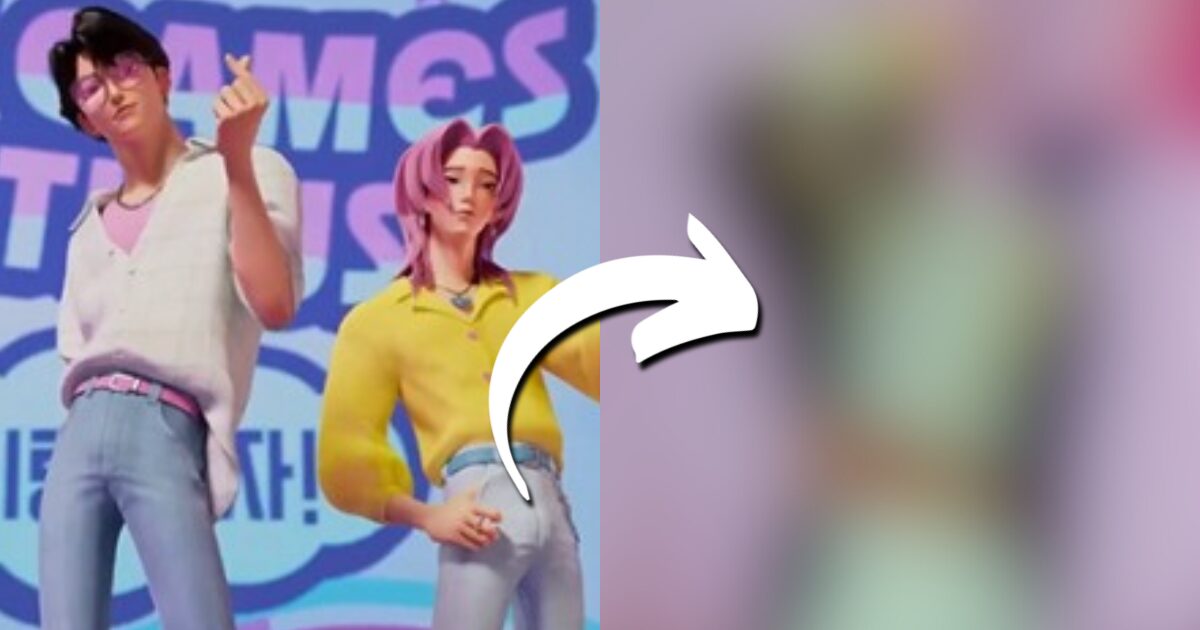

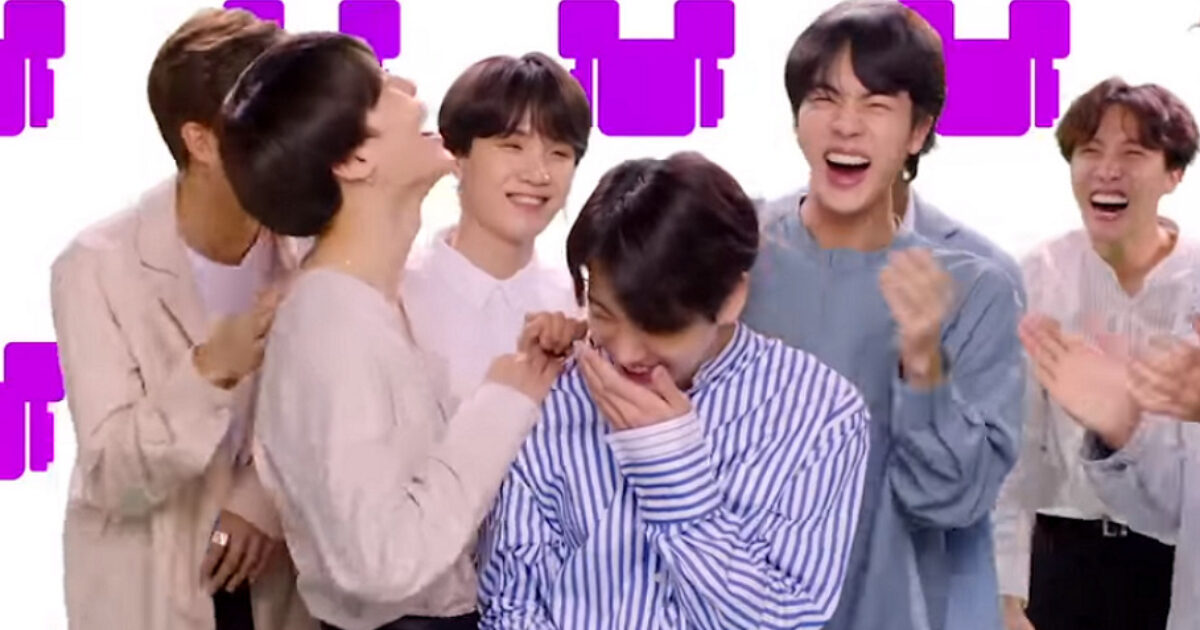





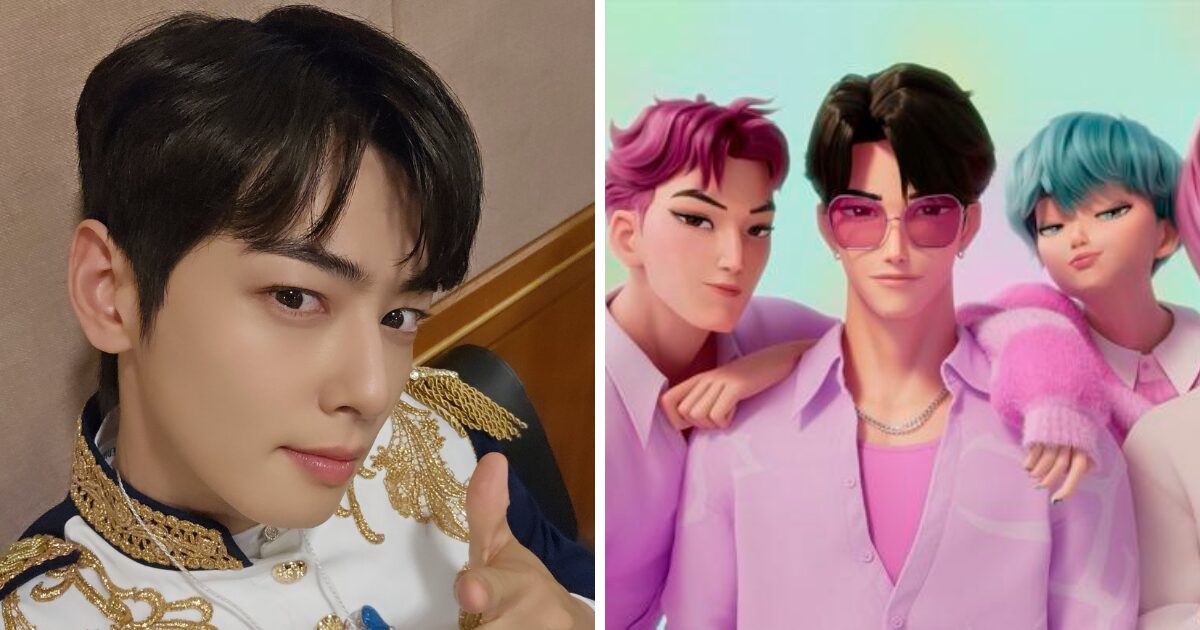








 English (US) ·
English (US) ·